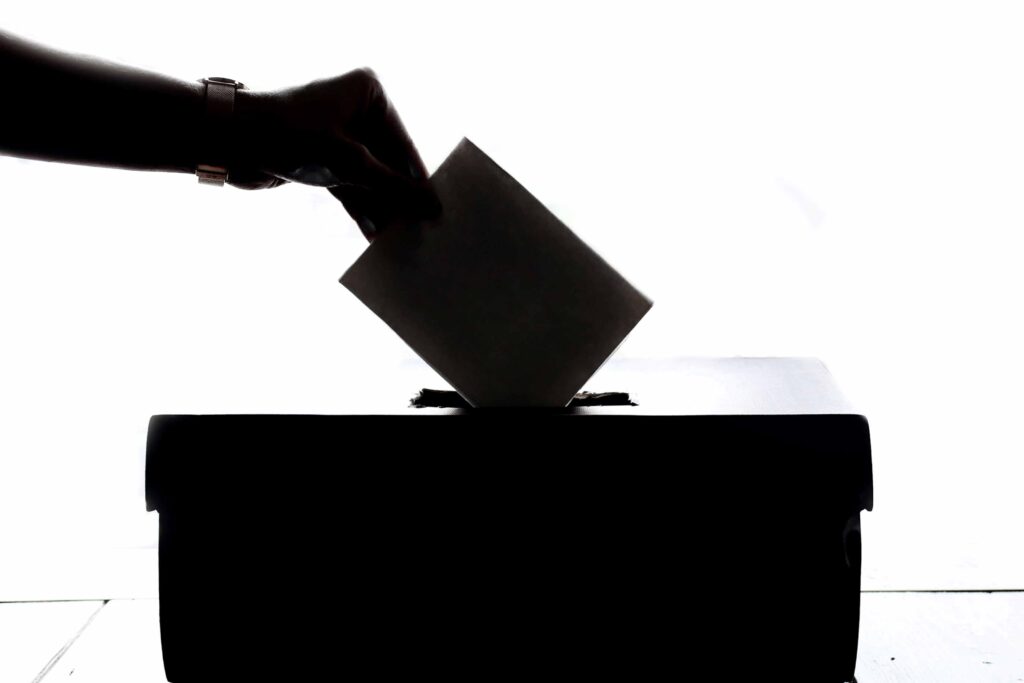The Electoral Commission of the Democratic Republic of the Congo (DRC) has on Friday released a provisional list of 24 potential contenders for the forthcoming presidential elections scheduled for December 20. The preliminary list, however, still necessitates approval from the Constitutional Court, with the ultimate list expected to be published on November 18.
Among the hopefuls is current President, Felix Tshisekedi. Aged 60, Tshisekedi aspires to secure a second term in office following his rise to power in 2018. The incumbent president declared his candidacy earlier this month. According to local political science expert Christian Moleka, Tshisekedi’s wealth of resources as the standing leader, his existing strategic alliances and the persistent faith in his leadership place him in a promising position despite the fragmented opposition.
The anticipated line-up of candidates features prominent figures of power and influence. Nobel laureate, Dr Denis Mukwege, affluent businessman and former governor of Katanga, Moise Katumbi as well as unsuccessful candidate in the 2018 elections, Martin Fayulu are among Tshisekedi’s major opponents.
Other significant contenders include a member of Parliament, Delly Sesanga, alongside former Prime Ministers, Adolphe Muzito and Augustin Matata Ponyo. The latter, Augustin Matata Ponyo, currently faces charges for embezzlement.
One alarming observation from the provisional list is the lack of female representation amongst the candidates. Marie-Josee Ifoku Mputa stands as the only woman among the 24 contenders. The political stalwart also contested in the 2018 elections.
The political landscape of the Democratic Republic of the Congo has been marked by high tension for months now, with opposition parties alleging that the upcoming elections are likely to be skewed in favour of certain candidates.
These apprehensions, controlled by a thick air of political uncertainty, pose a formidable challenge to the DRC – a nation that urgently seeks stability and fair governance. The position of president is not the only one to be filled at the ballot box on December 20 – voters will also elect legislative, provincial and communal representatives.
The electoral commission reports the registration of thousands of contenders for these key positions. The sizeable number of candidates reaffirms the significance of these elections as the Democratic Republic of the Congo strives for equal representation, political stability, and an inclusive democratic process.
This comprehensive democratic exercise, therefore, will not only select a leader for the next five-year term but also shape the political landscape of the Democratic Republic of the Congo for future generations. With less than two months to go, the nation now watches and waits, hoping for a fair and free election that symbolizes a promising step towards a more progressive political era.






